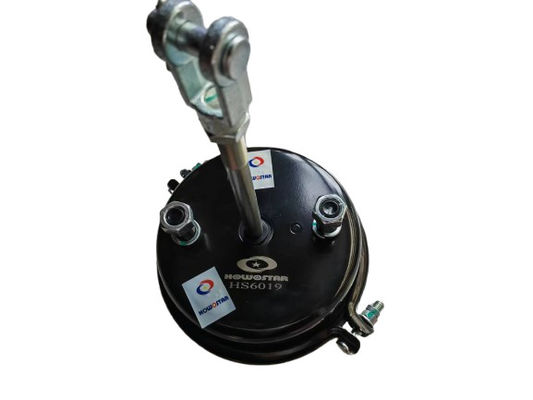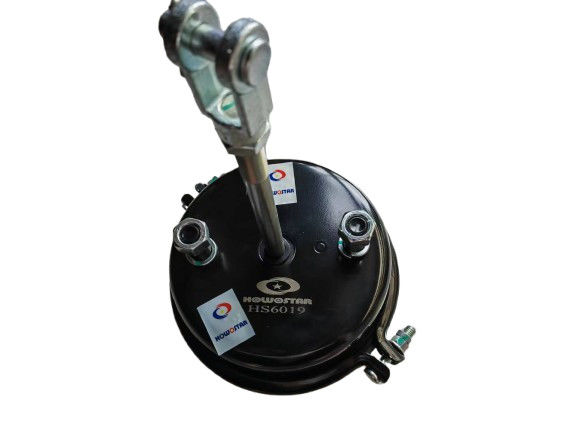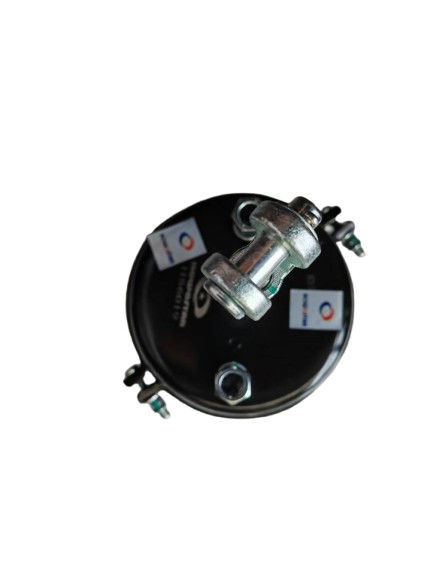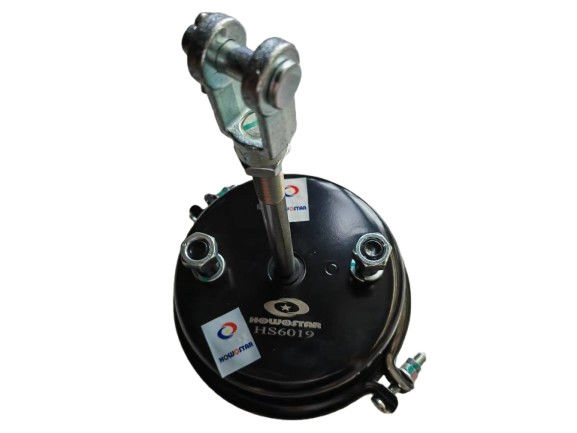-
Highlight
Fuwa front brake chamber
,truck brake chamber replacement
,single brake chamber for trucks
-
Place of OriginChina
-
Brand NameHOWOSTAR
-
Minimum Order Quantity1PC
-
Packaging Detailscarton
Fuwa front Brake Chamber Single
Fuwa Front Air Chamber
1. Function
• Air Storage and Pressure Regulation: The front air chamber stores compressed air and regulates its pressure to ensure stable operation of air-driven systems, such as air brakes or suspension systems.
• Damping and Shock Absorption: It helps absorb shocks and vibrations, improving ride comfort and vehicle stability.
• Temperature and Humidity Control: In some applications, it may assist in maintaining optimal conditions for air-driven components by preventing moisture buildup or extreme temperature fluctuations.
2. Specifications
• Dimensions:
• Outer Diameter (OD): Varies by model (e.g., 65mm for some bushings, but air chambers may have different dimensions).
• Inner Diameter (ID): Depends on the design and intended use.
• Length/Height: Specific to the application (e.g., height might range from 100mm to 300mm for some air chambers).
• Mounting: Typically includes flanges, brackets, or threads for secure installation.
• Ports: May have one or more inlet/outlet ports for air connection.
3. Material
• High-Strength Steel or Aluminum Alloy: Commonly used for the main body to withstand high pressure and mechanical stress.
• Rubber or Polymer Diaphragm: Some air chambers use a flexible diaphragm to separate air from other components or to enhance damping.
• Corrosion-Resistant Coatings: Applied to prevent rust and extend service life.
4. Key Parameters
• Working Pressure: Typically ranges from 8 bar to 12 bar (116 psi to 174 psi), depending on the application.
• Burst Pressure: Must exceed the working pressure by a safety factor (e.g., 3x working pressure).
• Volume: The internal volume of the air chamber (e.g., 1–5 liters) affects its ability to store and release air.
• Temperature Range: Usually -40°C to +80°C (-40°F to +176°F), ensuring operation in extreme environments.
• Response Time: The time it takes for the air chamber to fill or empty, which is critical for dynamic systems like suspension.




